Performance Appraisals Course in Singapore

About This Performance Appraisals Training Course
Performance Appraisals Course in Singapore
Depending on how well they worked through the year, employees could either be excited or anxious about the performance appraisal. This setup provides a platform to discuss how your work was measured, how well you think you did, or how you could have done better. Either way, it gives you a chance to discuss how you want to take your career with the company and discover if your goal is still aligned with the company’s expectations as well.
Who Should Attend This Performance Appraisals Workshop
This Performance Appraisals workshop is ideal for anyone who would like to gain a strong grasp and improve their Performance Appraisals.
All Staff Within An Organisation
Managers
Team Leaders
Executives
Assistants
Officers
Secretaries
Group Size For This Performance Appraisals Training Program
The ideal group size for this Performance Appraisals course is:
Minimum: 5 Participants
Maximum: 15 Participants
Course Duration For This Performance Appraisals Skills Course
The duration of this Performance Appraisals workshop is 2 full days. Knowles Training Institute will also be able to contextualised this workshop according to different durations; 3 full days, 1 day, half day, 90 minutes and 60 minutes.
2 Full Days
9 a.m to 5 p.m
Performance Appraisals Course Benefits
Below is the list of course benefits of our Performance Appraisals course
1.Helps to identify the employees who perform the task withexcellence.
2.Identify the employees who deserve promotions and incentives.
3.Ability to identify the weaker links of the team or the organization.
4.Enable rating merits.
5.Learn to carry out accurate training programs.
6.Helps to analyze the strength and the weaknesses of the workforce.
7.Enable to design out development programs for the near future.
8.Improve communication channel with the workforce.
9.Create job satisfaction.
Performance Appraisals Course Objectives
Below is the list of course objectives of our Performance Appraisals course
1.Use performance appraisal to motivate the employees to work more efficiently.
2.Learn the correct use of performance appraisal to enhance the level of productivity.
3.Figure out which employees deserves to be rewarded with incentives.
4.Design out more appropriate sort of task for the employees with the correct skills.
5.Identify and dismiss the workers who are not efficient for the job.
6.Use performance appraisal method to appreciate the performance of the workforce.
Course Content For This Performance Appraisals Training Course
Below is the list of course content of our Performance Appraisals training course
1.What is the importance of performance appraisal.
2.Why is it necessary for the managers to keep knowledge about performance appraisal.
3.How does performance appraisal help to attain development and growth.
Performance Appraisals Value Added Materials
Each participant will receive the following materials for the Performance Appraisals course
Performance Appraisals Learner’s Guide

Performance Appraisals Key Takeaways Notes
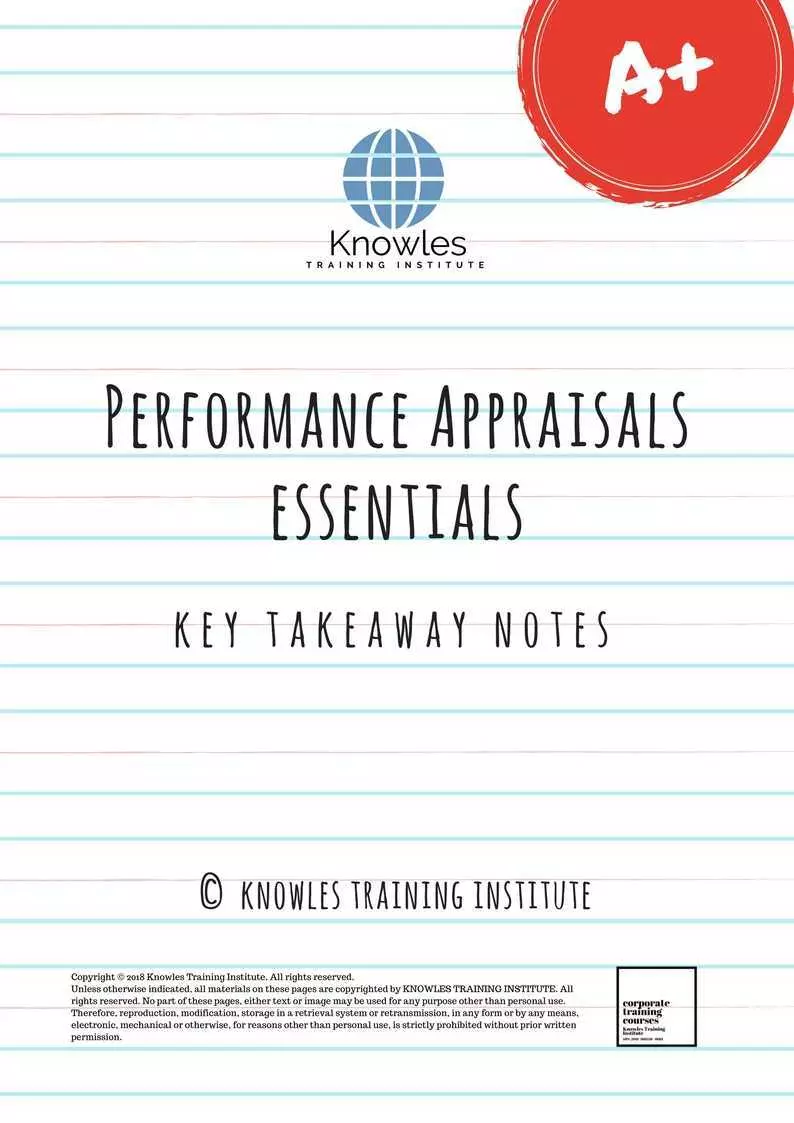
Performance Appraisals Essentials Ebook

Performance Appraisals Course Handouts

Performance Appraisals 30-Day Action Plan
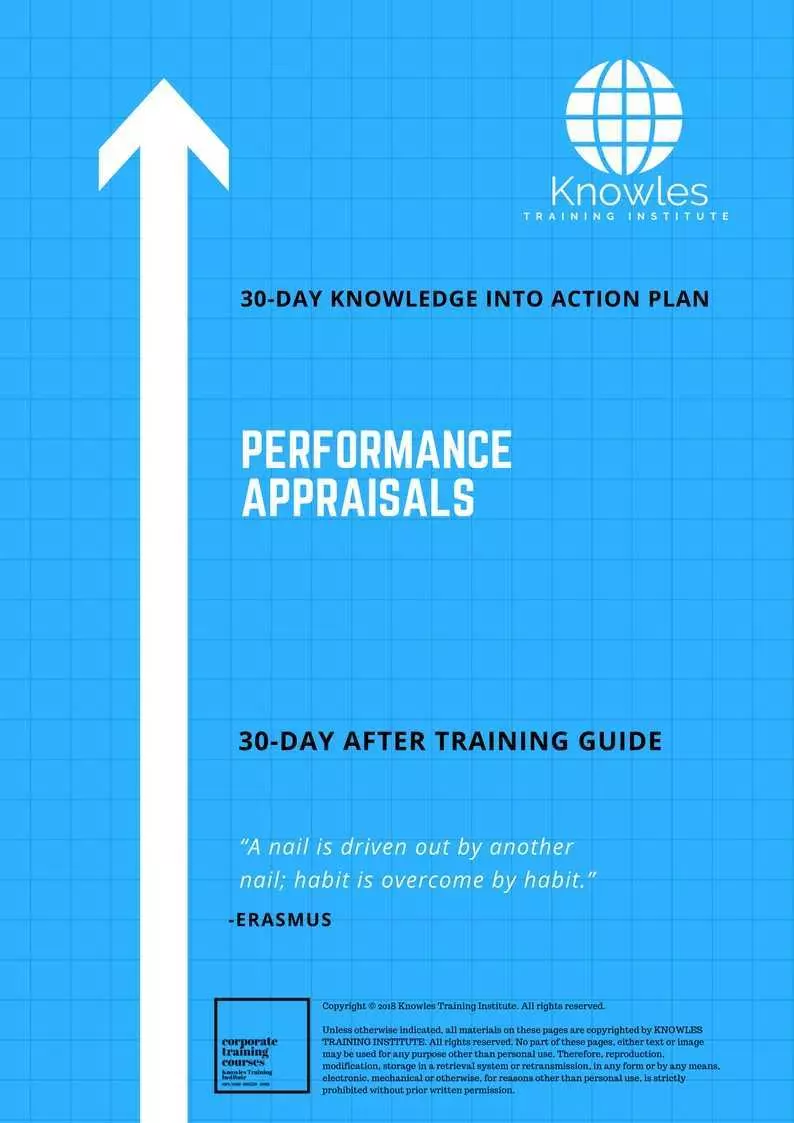
Performance Appraisals MindMaps Pack
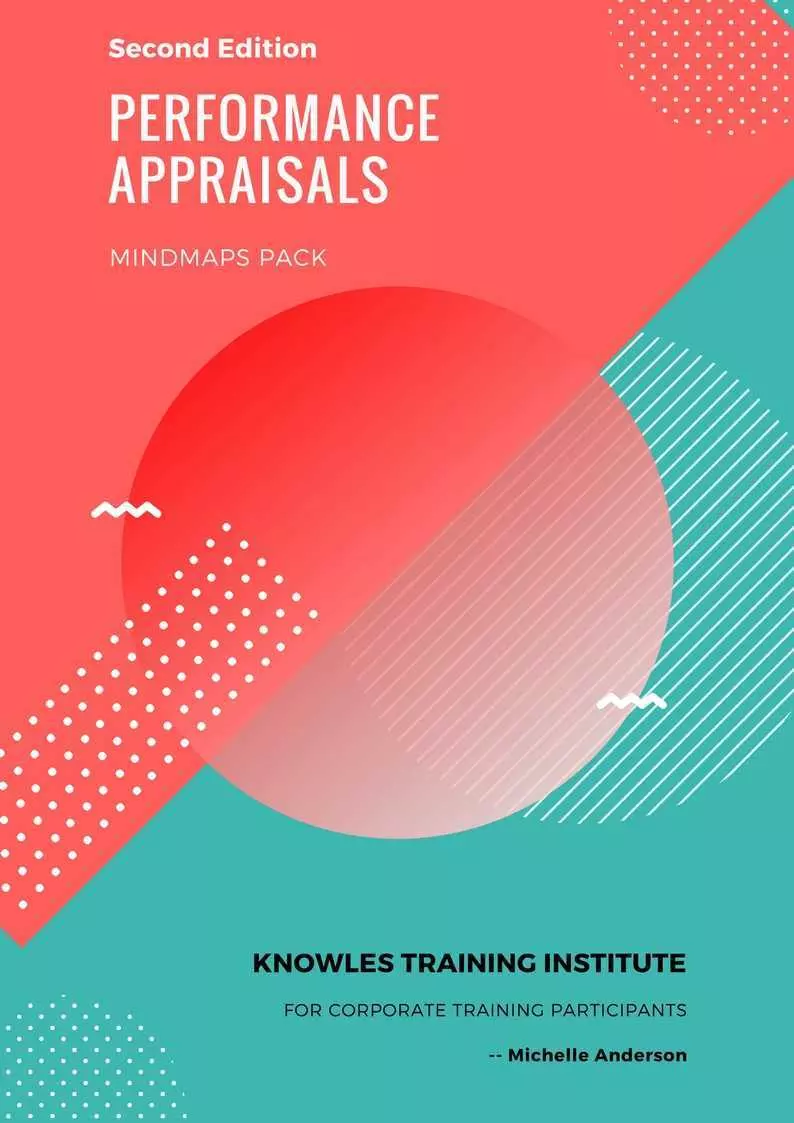
Performance Appraisals PPT Slides Used During Course
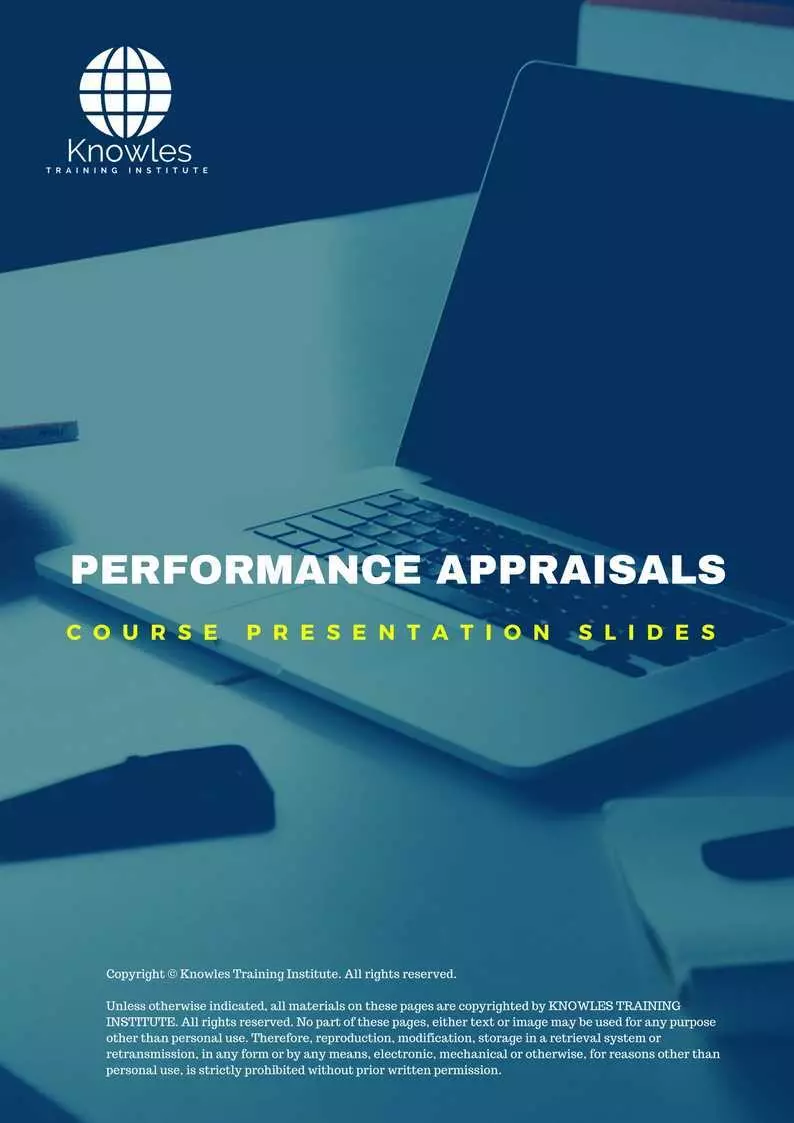
Performance Appraisals Long-Term Memory Flashcards Pack
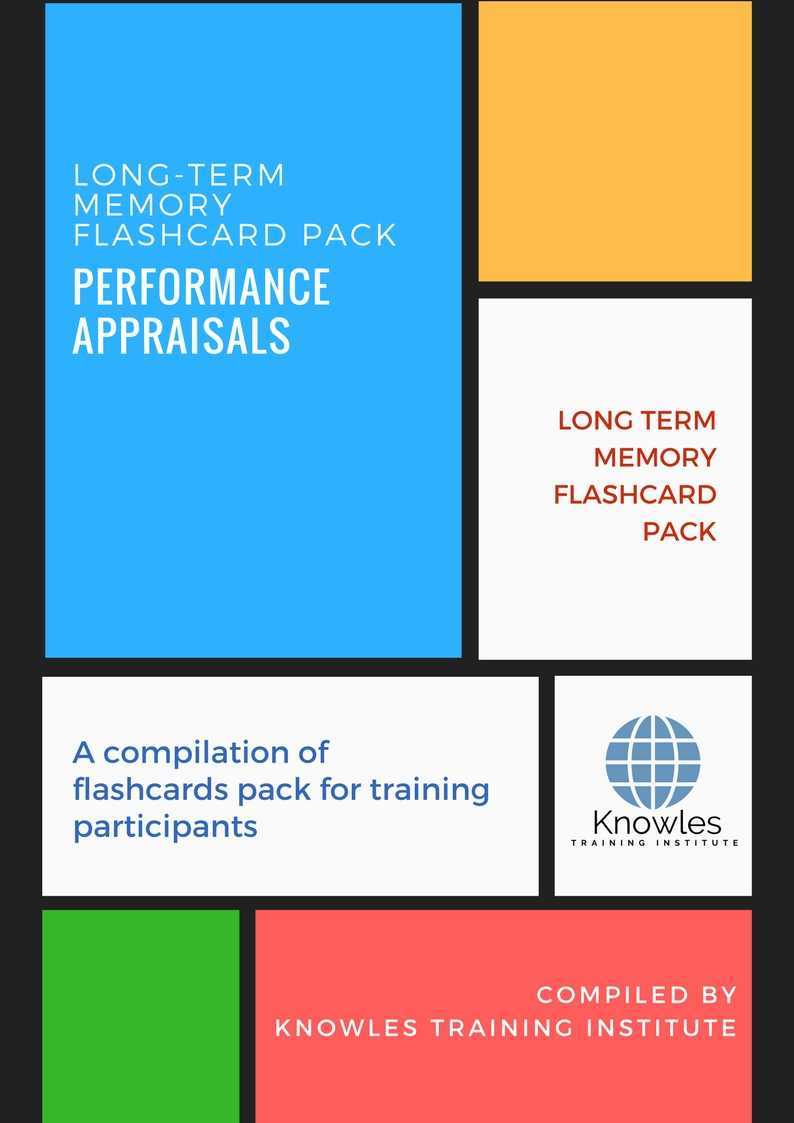
Performance Appraisals E-Learning Course
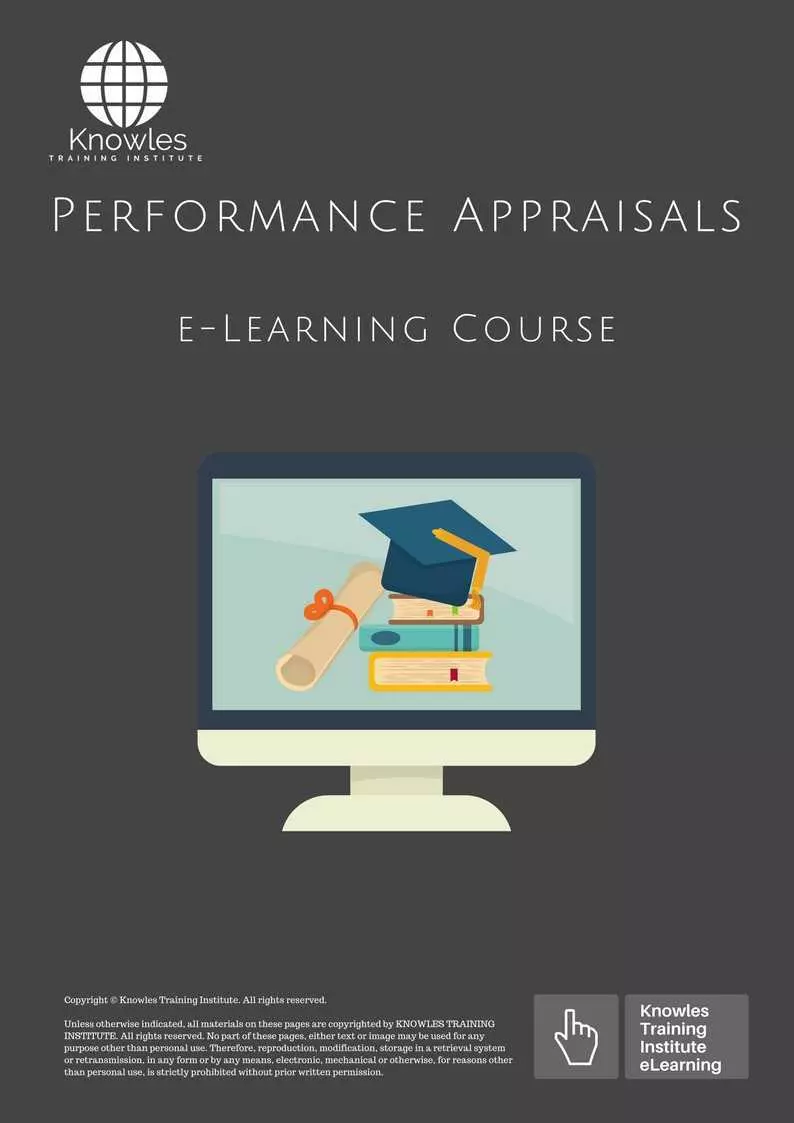
Performance Appraisals Online Video Course

Performance Appraisals Essentials Audiobook

Performance Appraisals Infographics Pack
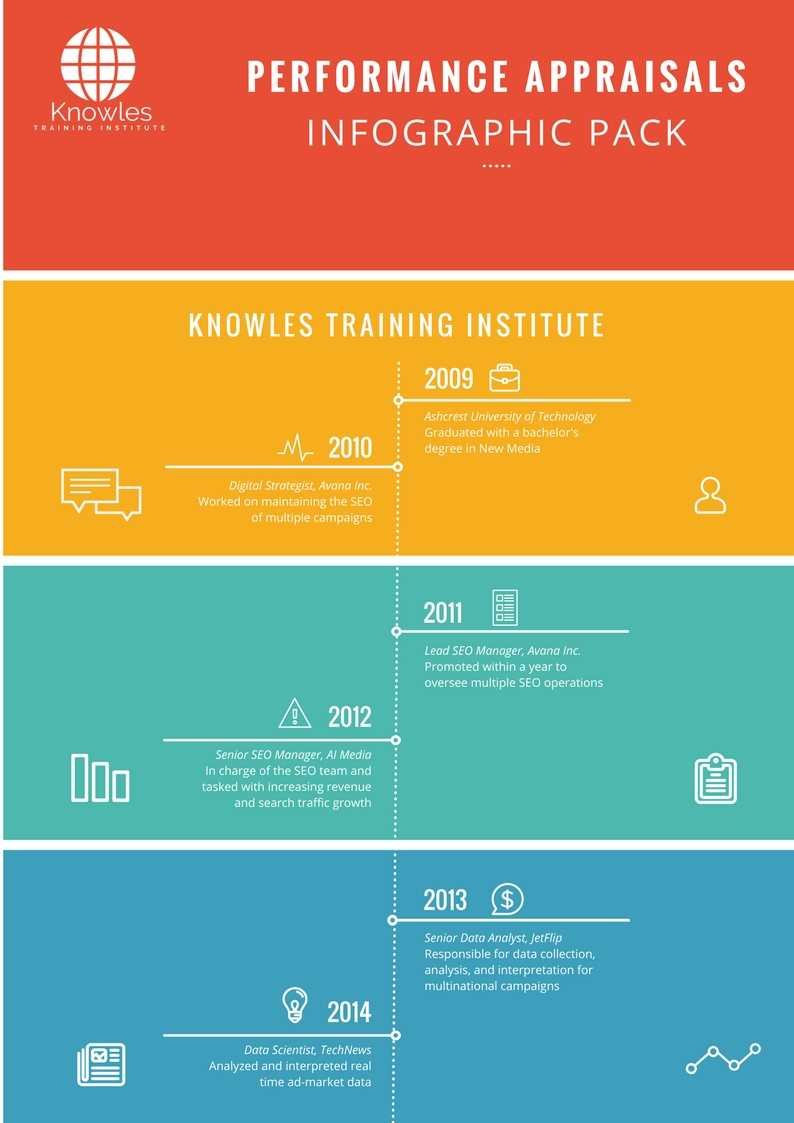
Performance Appraisals Certification
Each course participant will receive a certification of training completion

Course Fees
There are 3 pricing options available for this Performance Appraisals training course. Course participants not in Singapore may choose to sign up for our online Performance Appraisals training course.
SGD 1,334.96 For a 60-minute Lunch Talk Session.
SGD 584.96 For Half Day Course Per Participant.
SGD 884.96 For 1 Day Course Per Participant.
SGD 1,184.96 For 2 Day Course Per Participant.
Discounts available for more than 2 participants.
Course Discounts, Fundings & Subsidies
We have the following discounts, fundings & subsidies for this Performance Appraisals training course

Upcoming Performance Appraisals Training Course Schedule
Contact us for the latest Performance Appraisals course schedules:
Phone: +65 6714 6663
Email: contact@knowlesti.com
Message:
Download Performance Appraisals Course Brochure

Request for this Performance Appraisals course brochure. Fill up the short information below and we will send it to you right away!
Post-Training Support: A vast majority of training does not have any effect beyond 120 days. But to work, training has to have a strong pre- and post-training component. Post-training reinforcement consequently helps individuals to recall the understanding and ask questions.
Blended Learning: Learning does not occur in the classroom. Virtually everybody prefers distinct ways of learning. Successful learning should have a multi-channel, multi-modal strategy.
We Understand The Industry: Similarly, we’ve got a profound comprehension of the business, business design, challenges, strategy and the that our participants are in and have designed the courseware to cater to their professional needs.
Course Content: Knowles Training Institute’s material is relevant, of high quality and provide specific learning outputs. As a result, Participants will leave the training course feeling as they have gained a strong understanding and will also be in a position to execute what they have learned sensibly.
Course Development — The workshop modules follow a systematic and logical arrangement. Therefore, this structure helps to ensure that the course material allows the facilitators to deliver the course in a logical arrangement. Consider the subjects as building bricks into learning, our facilitators slowly build towards a comprehensive picture of this entire topic.
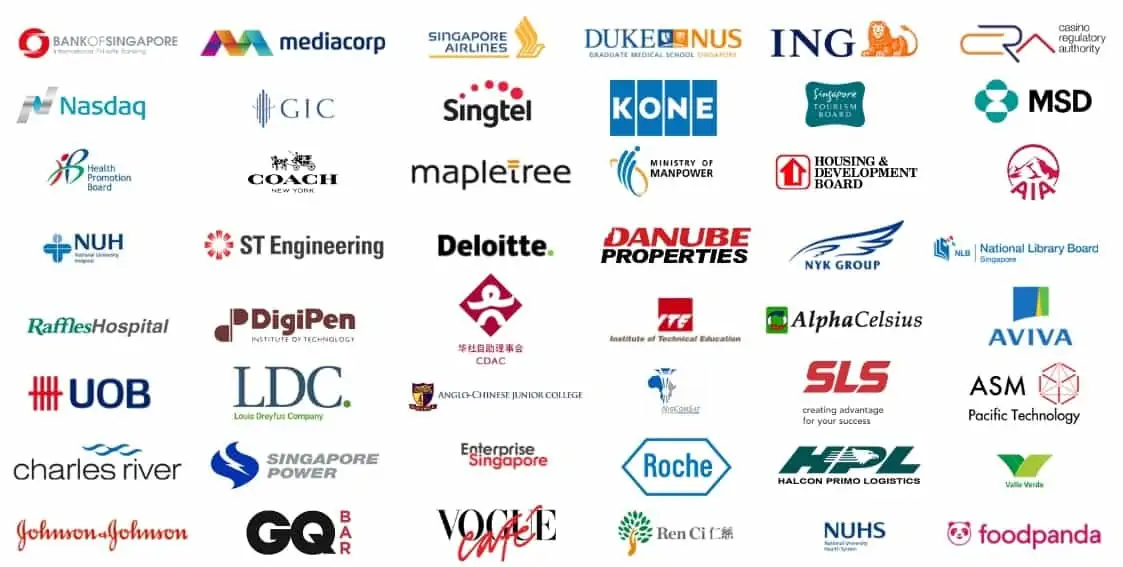

Course Enquiries

Fill up the form and we will get back to you in less than 1 working day.
Alternatively, give us a call to have one of our training consultants contact you. Our corporate training courses can be contextualized to meet your organization’s training needs. Leverage on our large pool of professional trainers and consultants for your organization’s training needs.
Office Address: 60 Paya Lebar Rd, #07-54 Paya Lebar Square, Singapore 409051
Office Phone: +65 6714 6663
Email: contact@knowlesti.sg
We Guarantee 100% Privacy. We Respect Your Privacy. Your Information Will Never Be Shared.
Questions
It involves defining job responsibilities, competencies and performance measures, which aids to measure employee performance better. It also involves a continuous communication process between employees and managers. It aids management in decision-making processes associated with promotion, development and salary issues.
Prepare ahead of time
Planning thoughts is critical to provide crystal clear performance feedback.
Have a conversation
The employee, not just the reviewer, should talk as well. Let the employee give his or her
feedback.
Do not be afraid to confront
Positive reinforcement is a great practice to follow; however, remember that not every employee
is going to have a stellar performance appraisal.
What is the takeaway?
Give the employee something to learn from the appraisal meeting.
Train a manager to:
- Praise the value of what the employee has contributed
- Be balanced, objective, and informative
- Support performance expectations by giving feedback
- Engages the manager and employee in penning down goals and a long-term career plan
- Foster an environment for open communication
- Improve employee satisfaction
Performance reviews can reveal areas of weakness and areas requiring improvement, helping
to identify training needs. Furthermore, updating training programs after conducting performance appraisal feedback can strengthen
the productivity of the workforce over time.
An employee performance appraisal is a process which often incorporates both written and oral components—whereby management assesses and gives feedback on job performance, steps to take to increase or redirect activities as required. Documenting performance reviews gives a justifiable basis for pay increases or promotions.
Performance management is a process of conversation between a supervisor and an employee that occurs throughout the year to meet the organisation’s needs. This process should clarify expectations, fix objectives, solidify goals, contributing feedback, and evaluating results.
Performance appraisals are a valuable way to recognise training and development needs for employees.
Most appraisals will evaluate both what the employee contributed to the organisation. Quarterly or monthly performance reviews are now implemented across many departments, not just sales. More frequent performance appraisal enables managers and subordinates to track learning, altered behaviour and development.
Performance appraisal has three primary functions:
– To give feedback to each person on his or her performance;
– To serve as a reason for changing or modifying behaviour toward more effective working habits; and
– To provide data to managers with which they may judge future job assignments and compensation.
In summary, the performance appraisal process is fundamental to effective management.
Consider all classifications, accreditation, and experiences that an employee may already have will be valuable information if these abilities prove to be useful in closing the gap between desired and actual performance.
The first step is to set standards of performance. The following step is managing the gap among wanted and actual employee performance. The last step is to recognise the barriers to functional performance.
HR plays a vital role in performance evaluations by keeping the process fair, accurate and maintained appropriately. HR does this by three ways:
Ensuring a Fair Performance System
HR personnel are responsible for ensuring that performance reviews are not discriminatory.
Training managers on the Performance System
Human resources conduct performance system training for each manager in the company.
Managing the relationship Between Employee and Manager
Human resources serve as a mediator of any difficult relationships between the employee and manager. This role helps foster performance management.
A good appraisal has the following characteristics:
Well-preparation
- Establish a purpose for the appraisal meeting discussing performance.
Joint agenda
- An agenda will help to supervise the direction of the discussion.
The discussion of challenges and successes
- Highlight domains that the employee can change to meet objectives and improve results.
Discussion of ideas for improvement and action
- Most of the appraisal session should be focused on future improvement plans and action. Find out the employee’s plans for his or her career and skills.
Summary of meeting
- End off the appraisal session by summing up what has been said and who is responsible for actions moving forward.
The 360-degree feedback is a system by which feedback from an employee’s subordinates, coworkers, and supervisor is collated.
They also typically include feedback from external people who interact with the employee, such as clients, suppliers or other involved stakeholders.
Here are the four elements:
Element 1 – Purpose
Purpose is at the very core of the reason for the organisation’s existence.
Element 2 – Outcomes
Outcomes are the manifestation of our commitments. They prove that a difference is made.
Element 3 – Accountability
Being accountable means to be responsible and answerable for one’s actions.
Element 4 – Teams
Teams are the windows to organisation culture and teams do most work, hence teams are the critical point of leverage for effective performance management.
Task analysis involves a complete description of all manual and mental activities, task and element durations, task frequency, task allocation, task complexity, environmental conditions, necessary clothing and equipment, and any additional factors involved in or necessary for one or more people to perform a given task.
- Planning – involves both the employees and managers.
- Monitoring – focus their attention on the achieved results, individual and team dynamics affecting the work environment.
- Reviewing – to analyse employee’s accomplishments and standards
- Improving – by understanding reasons why employees are not performing at the optimal level.
- Measurement – a process of collecting data necessary for the performance measures.
There are six modern performance appraisal methods:
1. Management by Objectives (MBO) – where managers and employees collectively identify, plan, organize and communicate goals.
2. 360-Degree Feedback – a continuous process whereby every employee appraises his/her managers, peers, customers, suppliers, and does a self-evaluation.
3. Assessment Centre Method – tests employees in a social situation.
4. Behaviorally Anchored Rating Scale (BARS) – compares employee performance with behavioural examples using numerical ratings.
5. Psychological Appraisals – focuses on an employee’s future performance rather than their past work.
6. Human-Resource (Cost) Accounting Method
The Appraisal involves not only managers. It is akin to an exponentially growing curve – each vertex of the Appraisal including the employee himself, coworkers, manager on the graph who add value to the employee appraisal process and help them grow along the curve.
Here are several types of performance management:
- General Appraisal
- 360-Degree Appraisal
- Technological Performance Appraisal
- Employee Self-Assessment
- Manager Performance Appraisal
- Project Evaluation Review


